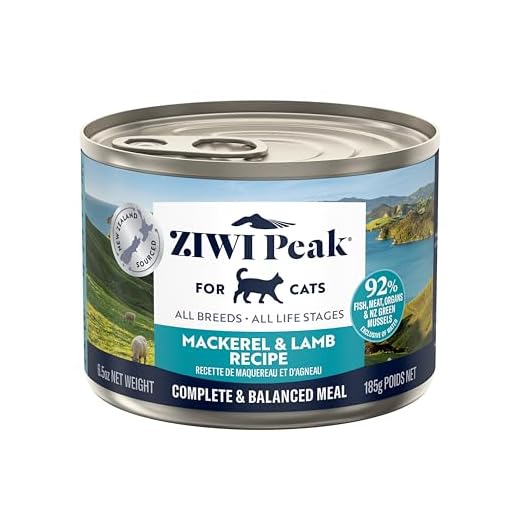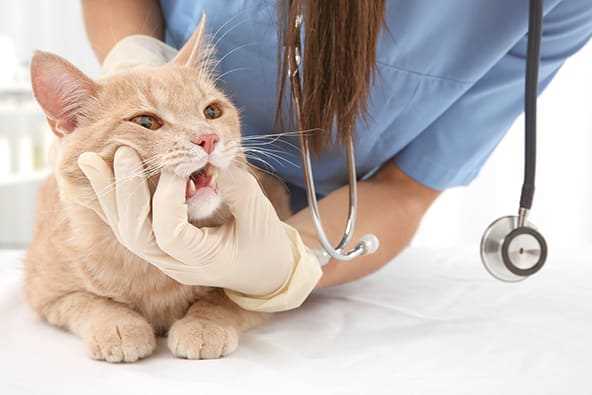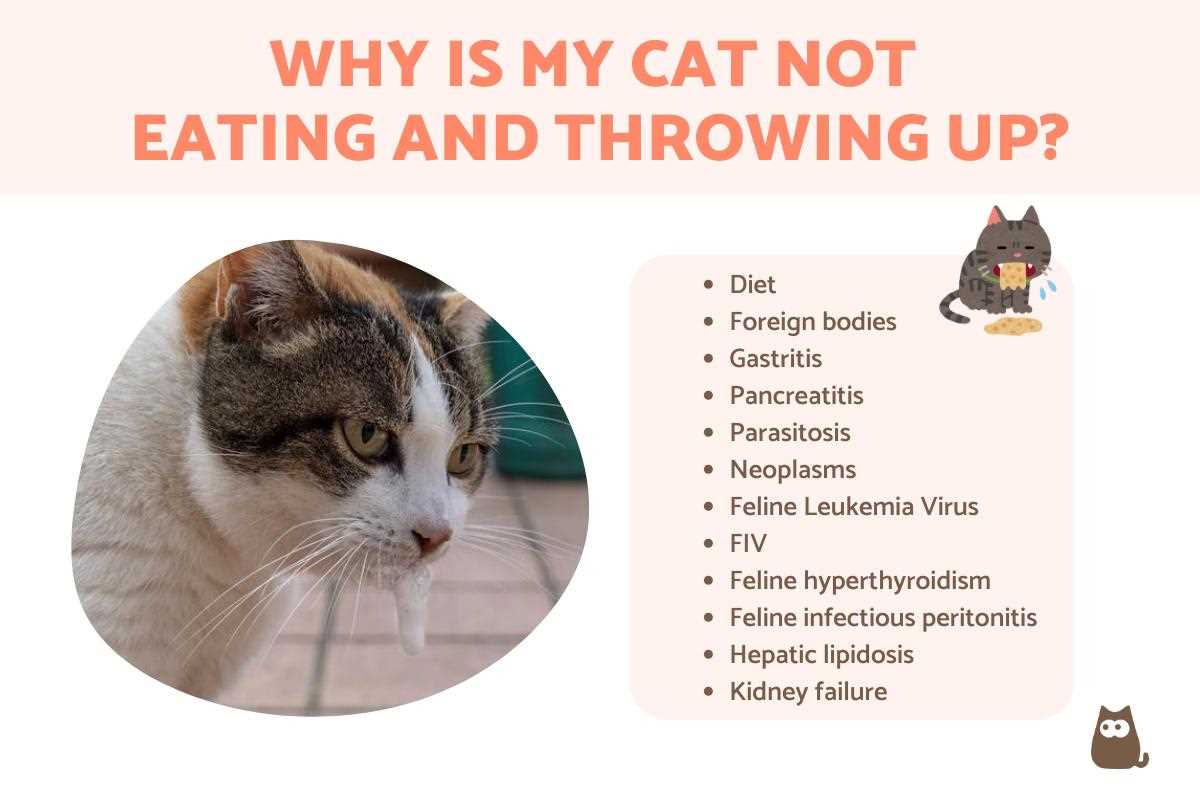



First things first, if you’re noticing a lack of interest in your meal, consider checking for dental issues. Painful gums or broken teeth can make munching difficult and uncomfortable. A quick look into my mouth might reveal some signs that need attention.
Next, take a moment to assess the environment. Changes in routine, new pets, or even different scents can create stress. A calming space or a familiar blanket might help ease those jitters and bring back the appetite.
Don’t forget about the food itself! Sometimes a simple switch in flavor or texture can make a difference. Whether it’s trying a new brand or warming up the dish, a little variety can reignite interest in dining.
Lastly, if symptoms persist, a visit to the veterinarian is essential. There could be underlying health issues that require professional attention. Keeping a close eye on behavior and habits is key to ensuring everything is alright.
Identifying Health Issues in Cats
Monitor behavior closely. If I avoid food, check for signs of distress or discomfort. Symptoms may include changes in grooming habits, lethargy, or unusual vocalizations. Observe if I exhibit sensitivity to touch, which could indicate pain.
Consult a Veterinarian
Seeking professional advice is crucial. A vet can perform necessary tests to diagnose underlying conditions like dental disease, gastrointestinal issues, or infections. Regular check-ups help catch problems early.
Dietary Considerations
Evaluate my food preferences. Sometimes, a change in diet or the introduction of new flavors can spark interest. If I refuse multiple options, it might signal a health concern that needs addressing.
Changes in Environment and Their Impact

Moving to a new home or rearranging the furniture can significantly affect a furry friend’s appetite. Sudden shifts in surroundings may lead to stress, which can result in reluctance to consume meals. It’s essential to create a calming atmosphere post-change. Provide familiar items, such as blankets or toys, to help ease the transition.
Additionally, alterations in household routine, such as new family members or pets, can create anxiety. Establishing a consistent feeding schedule can mitigate these feelings. Regularity in feeding times can provide a sense of security, helping restore interest in food.
Environmental factors like loud noises or the presence of unfamiliar scents can also deter a pet from dining. Creating a quiet, private space during mealtime encourages relaxation and helps revive their appetite.
If digestive issues arise as a result of these environmental changes, considering specialized diets can be beneficial. Exploring options like food for cats with digestive issues may provide relief and encourage eating once again.
| Environmental Change | Impact on Appetite | Recommendations |
|---|---|---|
| Moving to a new home | Increased stress | Introduce familiar items |
| New family members or pets | Routine disruption | Maintain feeding schedule |
| Loud noises | Fear or anxiety | Create a quiet dining area |
Evaluating Food Preferences
If the kibble or wet food isn’t appealing, experimenting with various flavors and textures can spark interest. I find that certain proteins, like chicken or fish, tend to be more enticing. Offering a mix of wet and dry options can also help gauge what I fancy.
Temperature plays a role too; serving food slightly warmed can enhance aromas, making it irresistible. I enjoy fresh meals, so ensure that the food is not stale or expired, as freshness matters.
Incorporating toppers or mixing in a small amount of broth can entice my palate. It’s fascinating how a sprinkle of catnip can transform a meal into a gourmet experience.
Pay attention to feeding routines; consistency brings comfort, but changing the schedule might spice things up. Observing my reactions to different meals can provide clues about my preferences. Engaging with new brands or flavors can lead to delightful discoveries.
Understanding Stress and Anxiety in Cats
Recognizing signs of tension can be crucial for my wellbeing. Stress often manifests through altered behavior, including reduced appetite. Here are some key indicators to observe:
- Changes in grooming habits: Over-grooming or neglecting grooming.
- Increased hiding: Seeking solitude more frequently than usual.
- Vocalization: Unusual sounds or increased meowing.
- Aggression: Sudden irritability towards humans or other pets.
Anxiety may stem from various sources. It’s important to identify potential triggers:
- New pets or people in the household.
- Changes in daily routines or schedules.
- Environmental factors, such as loud noises or unfamiliar scents.
Providing a safe space can help alleviate stress. Create a cozy nook with familiar blankets or toys. Consider using calming pheromone diffusers or sprays that mimic natural scents. These can promote relaxation during challenging times.
Engagement through interactive play is beneficial. Regular sessions with toys can distract from anxiety and foster a sense of normalcy. If stress persists, consulting a veterinarian for tailored advice is essential.
For those capturing moments of their furry friends, investing in quality equipment is wise. Check out the best camera under 25000 digit to document your pet’s antics while ensuring they remain relaxed and happy.
When to Consult a Veterinarian
If my appetite drops for more than 24 hours, it’s time to see a vet. Ignoring this can lead to serious health concerns, especially if my weight changes noticeably during that period.
Signs of distress, such as vomiting or diarrhea, also warrant immediate attention. If I show lethargy or unusual behavior, it’s essential to seek professional help. Any sudden changes in grooming habits may indicate underlying issues that need investigation.
Specific Symptoms to Watch For
Persistent bad breath, excessive drooling, or difficulty in swallowing can signal dental problems or other health issues. If there’s blood in my stool or urine, don’t hesitate; take me to the vet right away.
Age and Medical History Considerations

As an older feline, I may be more susceptible to various ailments. Regular check-ups and prompt consultations regarding any changes can significantly enhance my well-being. Keeping track of any pre-existing conditions is essential for timely intervention.
FAQ:
What could cause my cat to stop eating suddenly?
There are several reasons why a cat might suddenly stop eating. Health issues are often a primary concern; dental problems, gastrointestinal disturbances, or infections can lead to a loss of appetite. Stress or changes in the environment, such as a new pet, moving to a new home, or even changes in routine, can also affect a cat’s eating habits. Additionally, some medications may have side effects that reduce appetite. It’s important to monitor your cat for other symptoms and consult a veterinarian if the issue persists.
How long can a cat go without eating before it becomes dangerous?
Cats can typically survive without food for about one to two weeks, but health problems can arise much sooner. A loss of appetite lasting more than 24 to 48 hours in a cat should be taken seriously, as it can lead to serious conditions like hepatic lipidosis, which is a liver disease that occurs when cats do not eat for an extended period. If your cat refuses to eat for more than a day, seeking veterinary advice is crucial.
What signs should I look for if my cat is not eating?
In addition to a lack of appetite, several signs may indicate that your cat is unwell. Look for changes in behavior, such as lethargy or hiding more than usual. Monitor for weight loss, vomiting, diarrhea, or changes in drinking habits. Pay attention to any signs of pain, like vocalizing when touched or changes in grooming habits. If you notice any of these symptoms along with the loss of appetite, it is advisable to contact a veterinarian for an evaluation.
Can stress be a reason for my cat not eating?
Yes, stress can significantly impact a cat’s appetite. Cats are sensitive to changes in their environment, and stressors such as loud noises, new pets, or changes in routine can lead to decreased food intake. If you suspect that stress is the cause, try to identify and mitigate the stressors in your cat’s environment. Creating a calm space with familiar items might help your cat feel more secure and encourage eating.
What should I do if my cat refuses to eat for more than a day?
If your cat has not eaten for more than a day, it is essential to take action. First, check for any other symptoms that may indicate illness. If your cat appears lethargic, is hiding, or shows signs of distress, contact your veterinarian as soon as possible. They may recommend a physical examination or additional tests to determine the underlying cause. In the meantime, you might try offering different types of food or warming the food slightly to make it more appealing.










